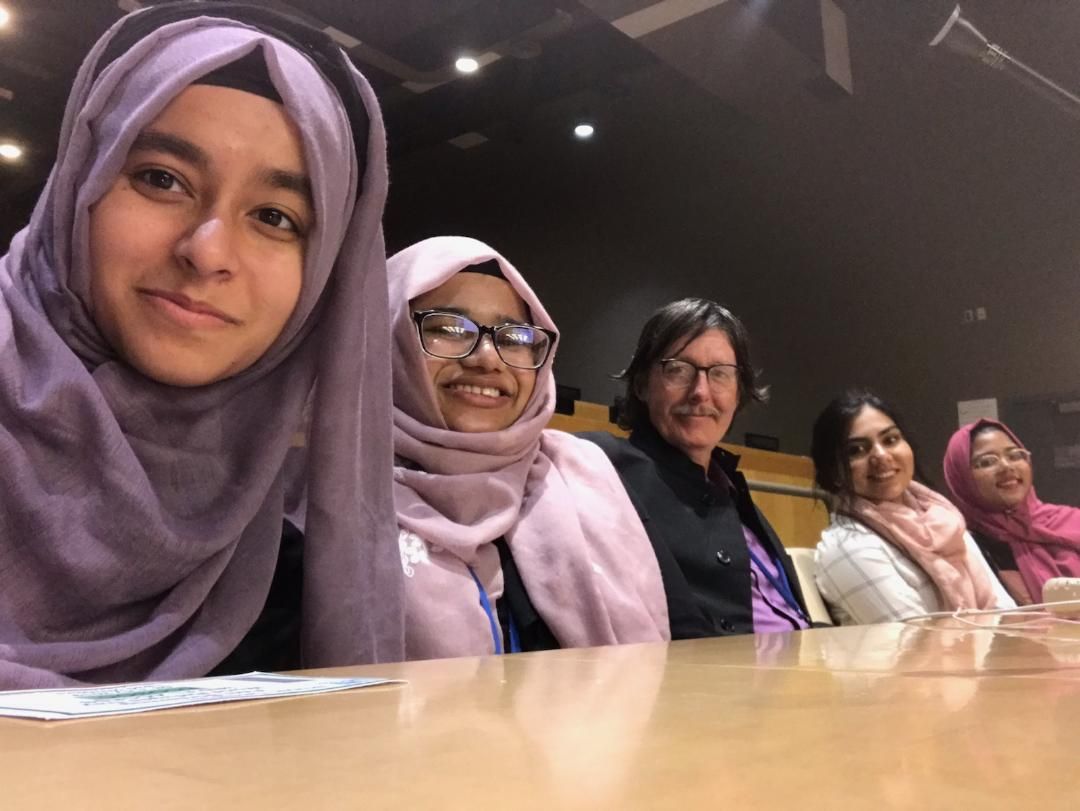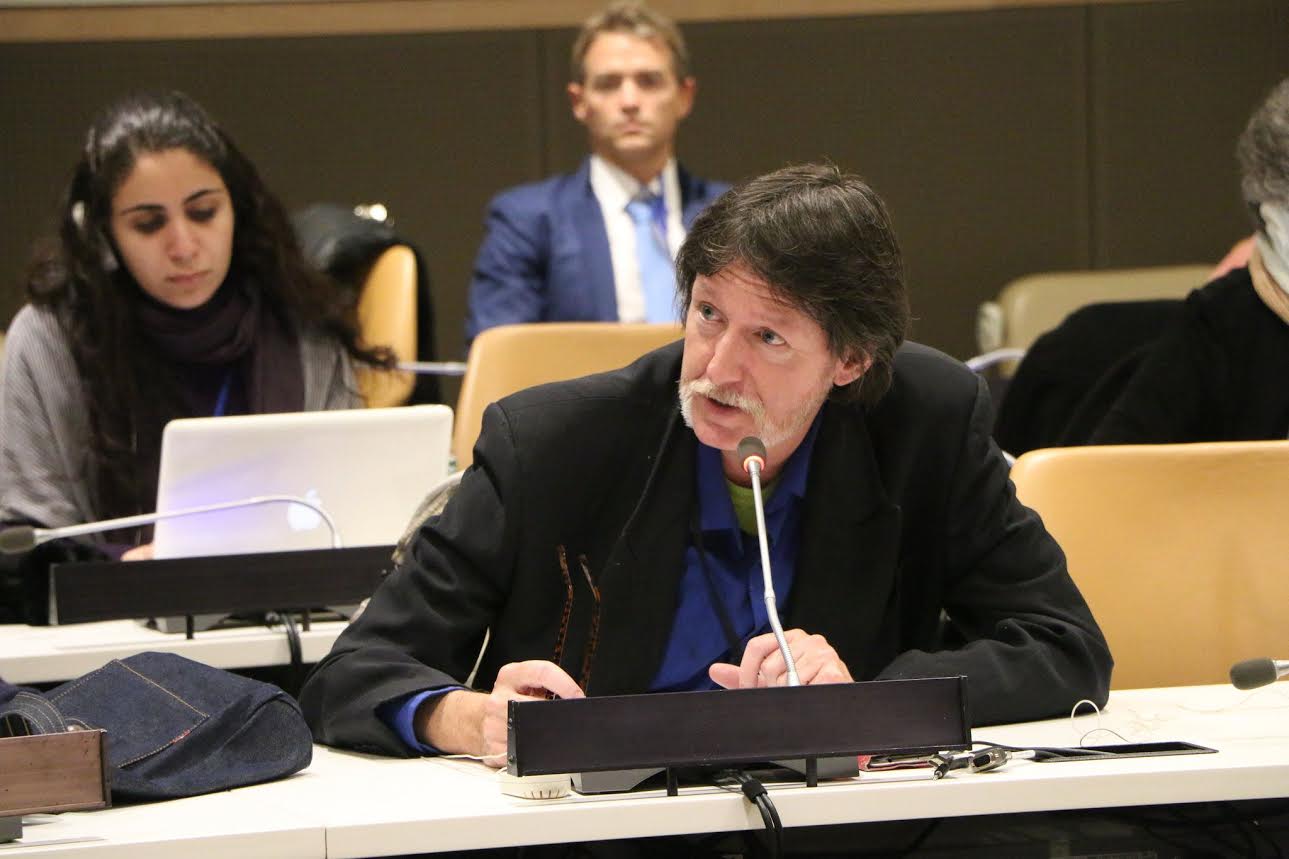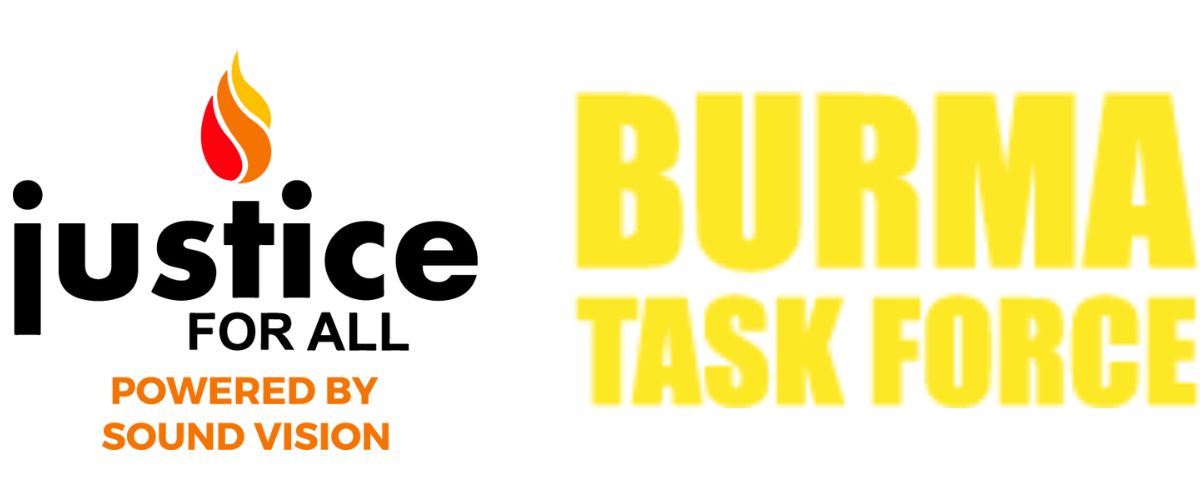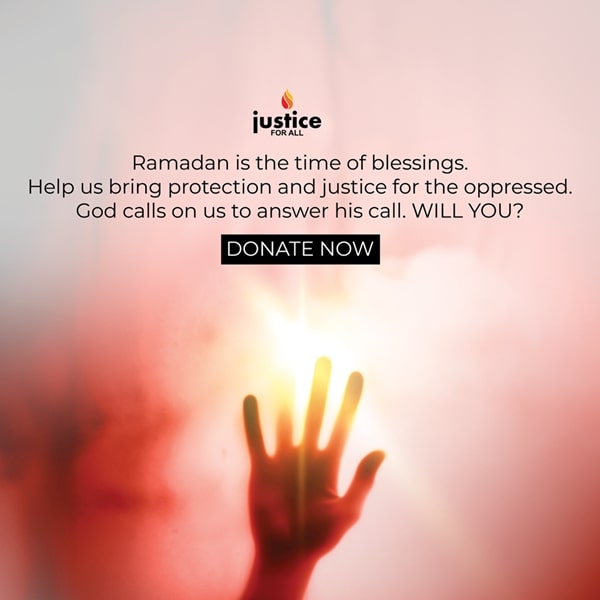Keeping Hope Alive At the United Nations
Justice for All has been an accredited NGO at the United Nations since 2015, originally with the Department of Public Information, which changed its name in 2019 to the Department of Global Communications.
We have also consulted and coordinated with other NGOs in the NGO Committee on Human Rights, the NGO Committee on Migration, and the NGO Committee on Freedom of Religion and Belief. We have also organized panels for the annual CSW Conference on Women.
We recognize the important role of international law and international courts and support multilateral responses to mass atrocities. Since September 2017, affiliates of our Burma Task Force (BTF) program have been working closely with Rohingya survivors to record, translate, and archive first-hand testimonies about the atrocities carried out against them. Collaborating with UK human rights lawyer Megan Hirst, BTF has made these testimonies the basis of a legal case against Burmese civil and military leaders in the International Criminal Court (ICC). Due to continued pressure, the International Criminal Court is considering mass displacement of the Rohingya as an issue that is covered under ICC jurisdiction. Burma Task Force joins its Rohingya allies to urge the UN Security Council to make a full referral to the Court.
The United Nations, its many missions, councils, experts and agencies, represents an essential space for debate and policy making. Since 2015, Adem Carroll has served as UN Programs Director in New York.
 He has worked to represent our program Burma Task Force in regular meetings with Security Council Presidents, and with special rapporteurs. Through participation in meetings at the UN, he can help include Rohingya and ethnic minority interests in UN panels on topics such as refugee and migrant rights, and religious freedom and human rights (SDG 16).
He has worked to represent our program Burma Task Force in regular meetings with Security Council Presidents, and with special rapporteurs. Through participation in meetings at the UN, he can help include Rohingya and ethnic minority interests in UN panels on topics such as refugee and migrant rights, and religious freedom and human rights (SDG 16).
Justice for All staff meets with UN leaders and experts on a regular basis, urging them to address mass atrocities effectively and to prioritize the Rohingya cause. Representing the Burma Task Force progam staff also regularly consults with other human rights organizations active at the UN,
 to build consensus and strategize around R2P, Migrant and Refugee Rights, Trafficking, Xenophobia, Genocide and SDG 16.
to build consensus and strategize around R2P, Migrant and Refugee Rights, Trafficking, Xenophobia, Genocide and SDG 16.
Justice for All Staff also engages with NGOs regarding the foreign policies in the EU and ASEAN nations. While some nations in the UN Security Council continue to block referral to the ICC, a strong report by the UN Fact-Finding Mission in summer 2018 recognized the genocide and several member nations have become strong allies, resulting in funding for expanded war crimes investigation and two resolutions passed by the Human Rights Council and another supported by 142 nations in the UN General Assembly.
2020
The UN This Week Show
Currently, we are producing weekly programming online with a range of guest speakers appearing on the “UN This Week” program. We discuss topics such as nuclear disarmament, climate change, religious freedom, Islamophobia and refugee protection, peacemaking, the role of civil society at the UN, the nature of international human rights law and courts, protecting digital rights and the impact of counter-terrorism on charities, and many more issues. These shows could serve as preparation for students considering a career in international affairs, or be of interest to anyone wishing to be an informed global citizen.
Watch all shows here
More recently, our UN efforts have also included advocacy for other persecuted minorities, such as the Uyghur of East Turkestan (Xinjiang). For example, as youth representative and Save Uyghur Campaign Outreach, Aydin Anwar was able to meet with and confront the Chinese Ambassador in early 2020. While previously our department included youth and other representatives who were prepared to speak in UN discussions, the pandemic has limited opportunities to do so.
As our TV Show, UN This Week, makes clear, there is a community of non-governmental organizations (NGOs) dedicated to upholding the values and ideals of the United Nations. We are honored to be members of this community and hope our efforts will strengthen it.
2019
Well aware of the UN’s failures to prevent genocide, and the problematical dynamics in the Security Council, our NGO notes the important humanitarian work of IOM and UNHCR and other agencies and strongly supports the mutilateralism of UN work. The human rights commissioner’s office (OHCHR) is an inspiration to us. While we may regret nationalist trends that are weakening the treaties, resolutions and legal norms, we can celebrate that the UN Human Rights Council listened to the Special Rapporteur Yanghee Lee and formed the UN Fact-Finding Mission (FFM) and later the IIMM investigation process. With cases in both the International Court of Justice and the International Criminal Court, there is hope for eventual accountability, despite Burma’s resistance to full cooperation.
We created a monthly newsletter for Missions and agencies.
2018
We met with envoys, special rapporteurs and ambassadors, spoke on one UN panel organized by the NGO Committee for Migration, participated in numerous WFUNA dialogues with UNSC presidents, asked questions at other events, shared articles and reports with Reliefweb, the UN Association, maintaining ongoing dialogue with Passblue, and other UN specific media. In a climate of skepticism regarding the UN record, we have actively promoted multilateralism on radio, blogs and social media, while supporting reform and critical thinking.
We also sent out letters to all UN missions.
Video commemorating our activities on Human Rights Day 2018:
2017
ICC Case
2016
2015
Received Consultative Status with the United Nations
Through its mobilization of Muslims around the USA in 2014 BTF helped to pass Congressional Resolution 418 denouncing the genocide of Rohingya Muslims. In 2015 BTF co-organized an influential major conference with seven Nobel Prize winners speaking out against the genocide and initiated a lawsuit against top leaders in Burma for crimes against humanity and genocide. Organized a conversation among Burmese and South Asian women at the CSW conference. n his pre-recorded address to the conference, Desmond Tutu, leader of South Africa’s anti-apartheid movement, called for an end to the slow genocide of the Rohingya. Tutu’s appeal was amplified by six other fellow Nobel Peace laureates: Mairead Maguire from Northern Ireland, Jody Williams from the USA, Tawakkol Karman from Yemen, Shirin Ibadi from Iran, Leymah Gbowee from Liberia, and Adolfo Pérez Esquivel from Argentina. They stated that, “what Rohingyas are facing is a textbook case of genocide in which an entire indigenous community is being systematically wiped out by the Burmese government.”


Contact
Adem Carroll: adem@justiceforall.org


